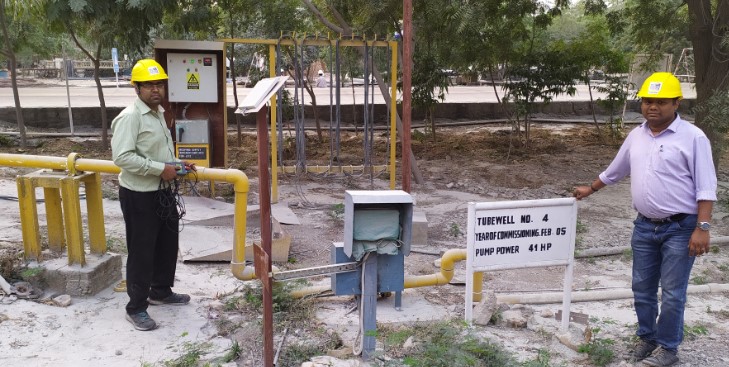
A water audit is a study of the water use of an entity. It starts at the point where water enters the premises and goes up to the point where the waste water is discharged, critically examining all aspects of use. The audit establishes the quantity/volume of water being used, wastage if any, leakages existing, excess use etc., and identifies areas where consumption can be reduced. It critically examines existing treatment systems and practices and recommends changes to improve efficiency and reduce usage. Based on this detailed study and observations, an audit gives recommendations on how to reduce wastage as well as consumption of water, improvements in treatment practices and methods along with cost benefit analyses. It also recommends the setting up of a system to maintain a record of the amount of water entering a system and to keep track of how this water is distributed and used.
Water audit is a systematic process of objectively obtaining a water balance by measuring flow of water from the site of water withdrawal or treatment, through the distribution system, and into areas where it is used and finally discharged. Conducting a water audit involves calculating water balance, water use and identifying ways for saving water.
Water audit involves preliminary water survey and detailed water audit. Preliminary water survey is conducted to collect background information regarding plant activities, water consumption and water discharge pattern and water billing, rates and water cess.
After the analysis of the secondary data collected from the industry, detailed water audit is conducted, involving the following steps:
A detailed water balance is finally developed. Water quality requirement at various user areas is mapped, which helps in developing ‘recycle’ and ‘reuse’ opportunities.
The detailed water audit report shall contain the following:
Industries can undertake following measures for water conservation:
WHY NPC :